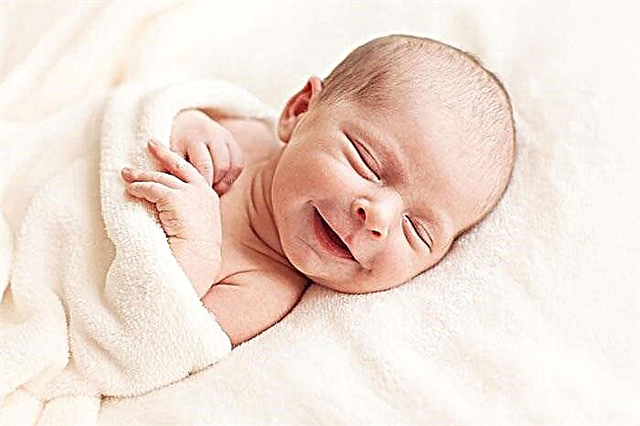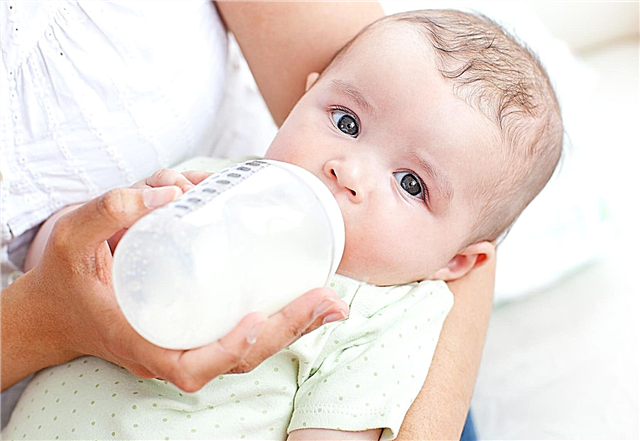Have you ever met a three-year-old kid who runs through the corridors of the clinic, yells at the top of his lungs, throws toys, and fights? It turns out that this is a free upbringing, as explained by his mother. No, no, something is wrong here! The great teachers of the past could not allow such recklessness.

For three centuries, interest in raising children with freedom has not extinguished. How are parents attracted to this concept? What is it and where are the boundaries of permissiveness?
Where did the idea of free parenting come from?
They first started talking about free education in the 18th century. Its founder is Jean-Jacques Rousseau. He insisted on developing children in harmony with nature. In the 19-20 centuries, this system was tried to be implemented in practice by KN Ventzel “House of a Free Child”, L. Tolstoy “Yasnaya Polyanskaya School”, A. Radchenko “School of Shaluns” and others. It was considered in the works of M. Montessori, J. I. Fausek, E. Kay, D. Dewey.
In practice, free upbringing has not taken root either in Russia or abroad. But modern pedagogy borrowed from her many principles and methods that are now applied in practice. For example: replacing an authoritarian learning style with a democratic one, eliminating corporal punishment, using the method of involvement, an individual approach, an emphasis on physical development, creating an enabling environment, etc.
Basic provisions
Free parenting Is development, education and training based on the child's freedom of choice, without coercion. The theoretical basis is that every child has abilities that can develop independently, you just need to create favorable conditions for this.
Different teachers have their own concept of free education, but they have a lot in common.
- Equality. An adult is a friend and helper, not a mentor who must be obeyed without question. There should be no authoritarian learning style. There is a friendly relationship and complete trust between an adult and a child.
- Freedom of choice. This is the ability to reckon with the opinion of the "crumbs". Children make their own decisions about sleep, daytime and leisure activities. Attendance at classes is optional. Schoolchildren are given the opportunity to choose subjects of study.
- Respect for the child's personality. The little man is seen as an equal member of society, with his own dignity and personal opinion.
- Engagement method. Rejection of systematic imposed teaching. Education and upbringing is built through the child's involvement in the process. That is, he needs to be interested.
- Active activity of the child. Children are actively involved in their development and learning, learn the laws of nature and physics from their own experience. Knowledge is acquired through labor, games, experiments.
- Individual approach. The child is accepted as he is, with his own characteristics and weaknesses. To each a personal approach.
- Refusal from any kind of violence. No "should" and "should". Do not force to do what the child does not want. This applies to any activity, as well as food, daytime sleep, lessons. Even for serious misconduct, children are not punished.
- Close connection with nature. Development in harmony with the natural environment. Knowing yourself as part of nature. Children are instilled with love and respect for it.
- Development of abilities. Provide an opportunity to develop innate inclinations on their own. Create conditions so that the child can show imagination and creativity at any time. Free access to the necessary materials.
Free parenting theory
You need to understand that education in freedom has nothing to do with permissiveness and self-indulgence. They are constantly engaged with children, but these activities pass imperceptibly: through play, work, help, creativity, reading, conversations. Children are told about good and bad deeds, the consequences of improper behavior, they instill respect for comrades, respect for natural resources.
The child is always under supervision. When he does something bad, instead of yanking, teaching or ignoring, the consequences of his behavior are explained to him. The kid is mischievous and indulges - they do not scold or punish, but switch their attention to a useful activity: creativity, work.
On the one hand, the child is given the right to choose what to do and when. There are no instructions and teachings, but on the other hand, they do not follow the lead, and do not do for him what he is able to do himself. For example: combing your hair, getting dressed, eating yourself.
A child is free in his actions and deeds as long as he does not harm others and does not violate the freedom of another person.
Free parenting is not permissiveness
One of the reasons why freedom education has not taken root in practice is the misrepresentation of this concept. And if they were individuals ... But it got to the point that special schools were created, where children were left to themselves. There were no classes and teachings. They did what they wanted without limits. The result is no knowledge, no skills, no education. After leaving school, not all of the students were able to adapt and live normally in society.
Misconceptions about free parenting
- Permissiveness. Some parents confuse free parenting with anything you can do. Allowing the child to do what he wants, without restricting, not forbidding, even if it harms others. Lack of control over the child, no upbringing and teaching. The result is an unruly, immoral, socially rejected child.
- Connivance. It happens that parents hide behind this term, hiding indifference to the development and learning of their child. The kid is left to himself, because adults do not have time for him: "Will grow up like everyone else." But they don't think about how he will grow up.
- Subordination or "Dance to his tune." Another common mistake is following a child's orders. He commanded, the parents did it right there. Children should have their own position, but mom and dad are not slaves. An adult is reliability, security and support for the baby.
- They do it for him. The child is capricious, refuses to eat and dress on his own, his mother immediately fed him from a spoon and dressed. This is not freedom of choice, but rather the upbringing of a manipulator. Now he knows exactly what needs to be done to get what he wants.
Raising freedom in the 21st century
Interest in free parenting is now renewed. In a number of cities in Russia and Europe, development centers were opened according to the method of M. Montessori, Waldorf gardens and schools were created.
From 1921 to this day, the Summerhill School has been operating in the UK. Founded by Alexander Neill. The educational institution is based on self-government.
Waldorf system
[sc name = ”ads”]
The founder is the Austrian scientist R. Steiner. The first school was opened in Germany in 1919, and in 1925 - the first kindergarten.
Waldorf kindergarten. It is very different from traditional state-style gardens. All furniture and play equipment are made from natural materials. In one group, children of different ages: from 3 to 7 years old. Adults are forbidden to raise their voices to children and to punish. The word "No!" used in exceptional cases: to prevent danger.
Toys are made of straw, wood, fabric. Often they look like incompleteness, for the development of children's imagination.
The teacher is engaged in household chores or manual labor in the presence of children. Cooking, cleaning, sewing and occasionally making time for children. Toddlers are free to observe and participate in adult activities.
Daytime sleep, food, games - optional. The child has the right to refuse an activity organized by the teacher.
The food is prepared directly in the group. Children are directly involved in the preparation of dishes. Portions are laid out in accordance with the individual needs of the pupils.
Kids are engaged in various types of manual labor: embroidery, woodcarving, pottery, work on a loom, in the garden, in the garden, in the kitchen. Much attention is paid to acquaintance with folk culture.
Waldorf School. Systematic learning is built without compulsion. In lower grades, children learn science playfully. In seniors, the method of engagement is used.
The training lasts 12 years. There is no grading system. Much attention is paid to spiritual development, acquaintance with culture and traditions.
At school, children are engaged in manual labor and gardening, sewing, knitting, dancing, and putting on plays. Classes are structured in such a way that mental activity alternates with physical labor. The child gets motivation to learn by comparing current achievements with his own for the past period.
Steiner's free parenting system does not use visual teaching methods, emphasizing cognition with the senses. This is based on the confirmation of psychologists that emotional memory is more stable than visual memory. The main emphasis is to include the feelings of children, their interest.
There are no principals in Waldorf schools. They are governed by a board of parents and teachers. Adults are actively involved in the life of children.
Free parenting is the ability of adults to listen and hear a child. Respect the little person's feelings, needs and desires.
- Raising a child up to a year: the main tips for parents
- "I bring up, as I see fit!" or 5 parenting myths
- 7 parenting mistakes that prevent kids from being successful
- 10 most effective parenting methods



